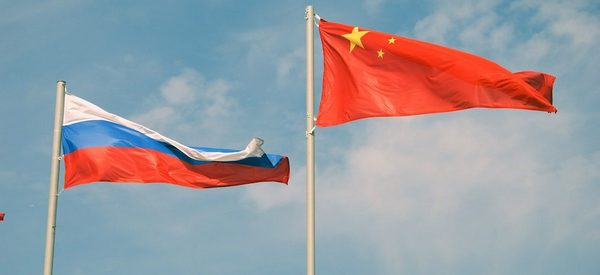Russia and China have mapped out joint plans in the field of science and higher education

Minister of Science and Higher Education of the Russian Federation Mikhail Kotyukov and Ambassador of the People's Republic of China to the Russian Federation Zhang Hanhui met to discuss cooperation in science and higher education.
According to preliminary information, the joint plan for the Years of Russian-Chinese cooperation in science, technology and innovation will include about 800 events devoted to various topics, in particular, to promotion of the Russian and Chinese languages in the partner country. Another important goal is to increase the volume of bilateral academic exchange to 100,000 students by 2020.
Other spheres of cooperation in education and research include the NICA mega-science project and interuniversity cooperation.
As part of the Federal Targeted Program for Research and Development in Priority Areas of Development of the Russian Scientific and Technological Complex for 2014-2020 the Ministry of Science and Education of the Russian Federation and the Ministry of Science and Technology of the People's Republic of China organize contests of joint research projects. Since 2014 the program has supported 57 projects with the participation of Chinese research organizations and universities, 38 of which are bilateral: 11 are being implemented, 27 have been already completed.
In 2018 mid-term and long-term educational programs enrolled about 40,000 Chinese citizens in Russia, and about 20,000 Russian citizens in China. About 30,000 people took part in short-term educational programs (Russian-Chinese summer schools, short-term courses, advanced training courses, and other forms of academic exchange).
Most Russian students study in Beijing, Shanghai, Tianjin, Chongqing, and also in the provinces of Heilongjiang, Liaoning, Shandong, Zhejiang, and Jiangsu. Chinese students pursue their studies in 85 Russian cities. Most of them study at the universities of Saint Petersburg (6,033 people), Moscow (4,463 people), and Vladivostok (1,687 people). Chinese students of Russian universities mostly specialize in philology, linguistics, journalism, international relations, economics and management, construction, machine building, robotics, electric power engineering, and heat power engineering.